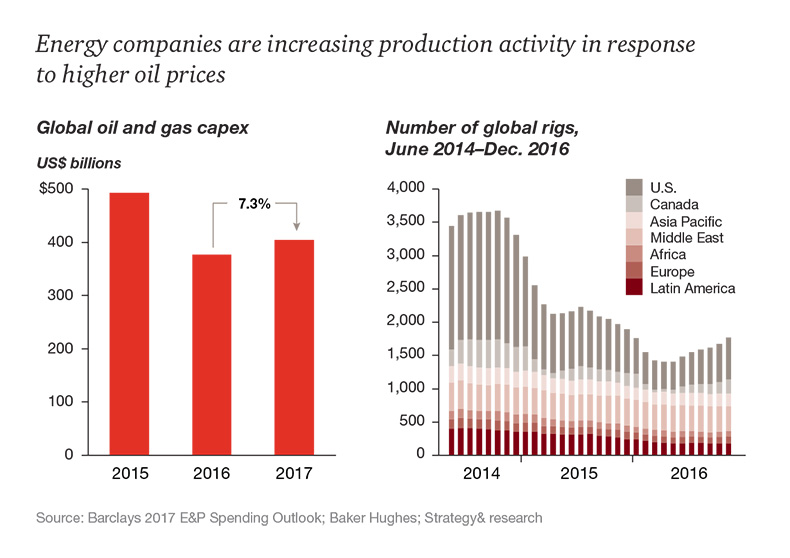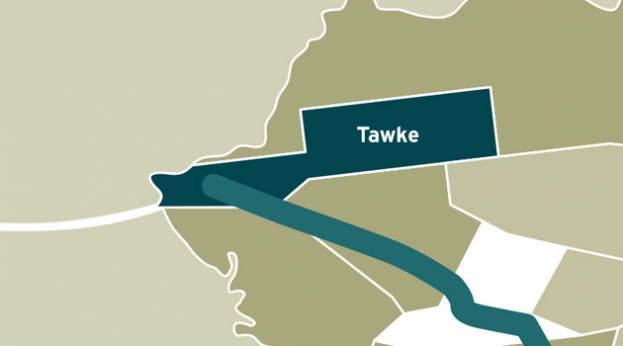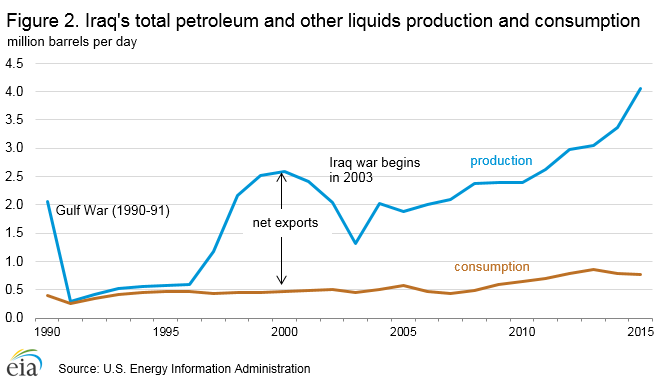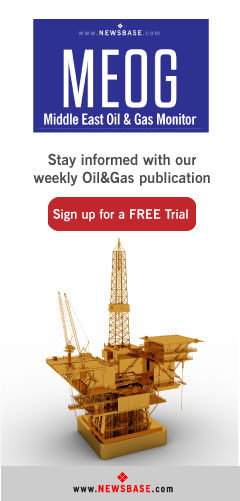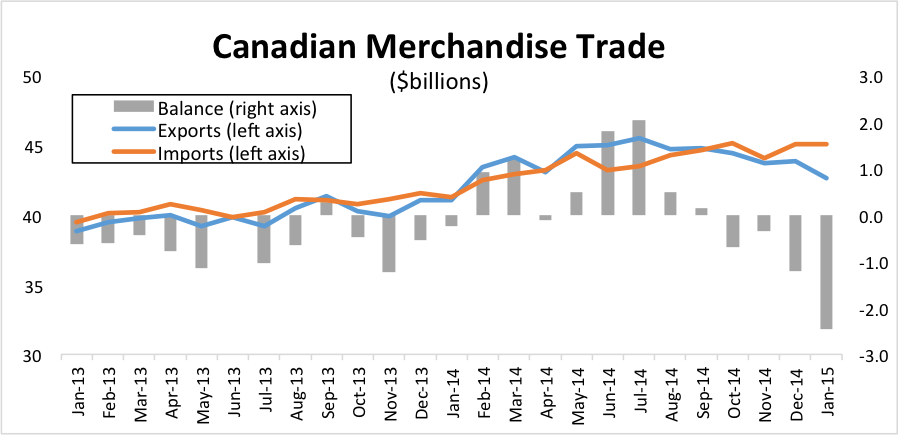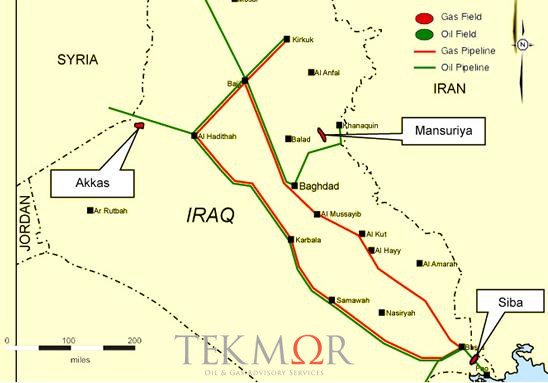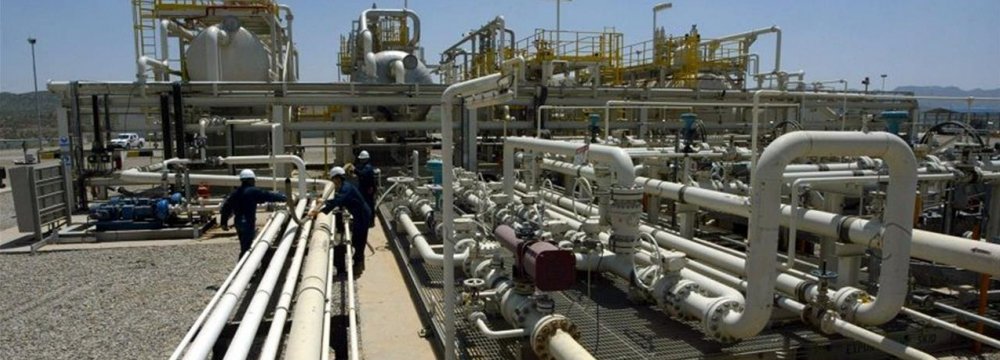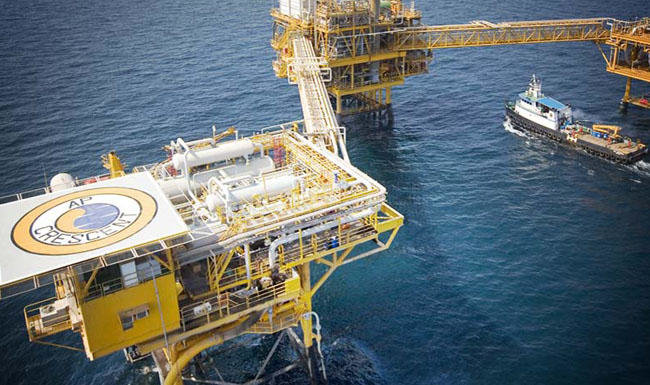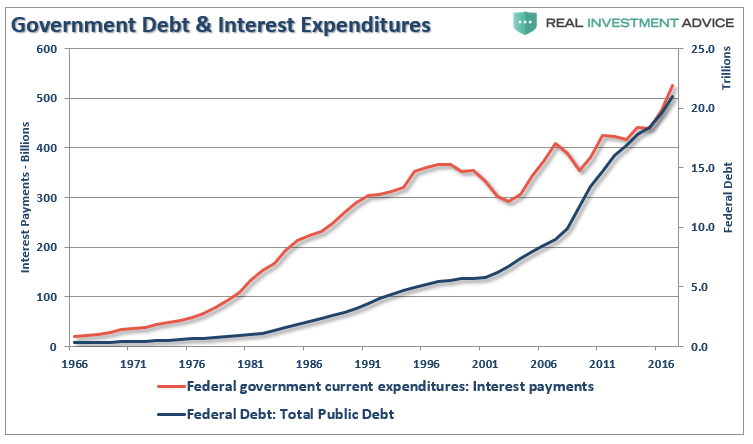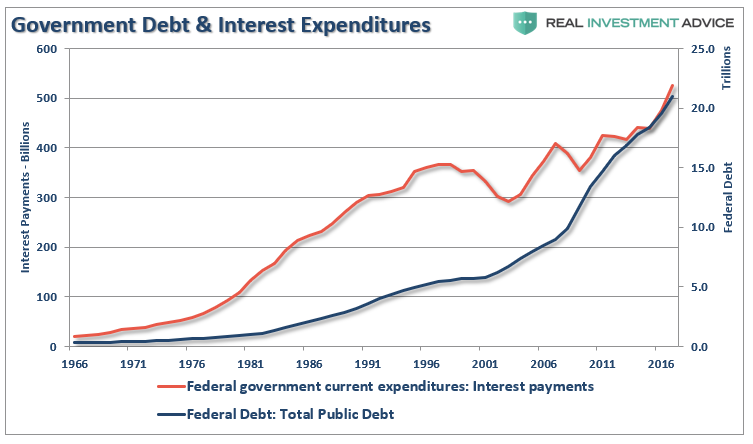By Alessandro Bacci.
Any opinions expressed are those of the author, and do not necessarily reflect the views of Iraq Business News.
On February 27-28, 2018, the C.W.C. Group, an energy and infrastructure conference, exhibition and training company, will organize in Berlin, Germany, the twelfth edition of Iraq Petroleum, which is one of the major events concerning Iraq’s oil and gas sector.
One of the main topics of Iraq Petroleum 2018 will be the development of Iraq’s natural gas reserves with the specific goal of strengthening energy-intensive industries to diversify the Iraqi economy.
In Iraq, natural gas might really be the key driver to develop additional industrial sectors. In fact, natural gas may be used for power generation (electricity), petrochemicals, fertilizers, and other heavy industries in which gas is the primary feedstock.
In this regard, some analysts might object that the development of these new industrial sectors would not really change the picture for Iraq because its economic development would still be too linked to the oil and gas sector—in practice Iraq’s economy would continue to be overaffected by the price of oil and gas.
This observation is by no means wrong, but it’s also true that, apart from increasing oil exports (and in this regard, it will be important to see how Iraq will deal in the future with OPEC’s quota restrictions) to improve its economic standing Iraq does not have many alternatives to developing its natural gas resources and then using them to add other industrial sectors to the economy.
Please click here to download the full report.
Alessandro Bacci is an independent energy consultant in relation to business strategy and corporate diplomacy (policy, government, and public affairs). Much of his activity is linked to the MENA region, an area where he lived for four years. Alessandro is now based in London, United Kingdom (www.alessandrobacci.com). A multilingual professional, Alessandro holds a Bachelor of Laws and Master of Laws from the University of Florence (Italy), a Master in Public Affairs from Sciences Po (France), and a Master in Public Policy from the Lee Kuan Yew School of Public Policy (Singapore).

